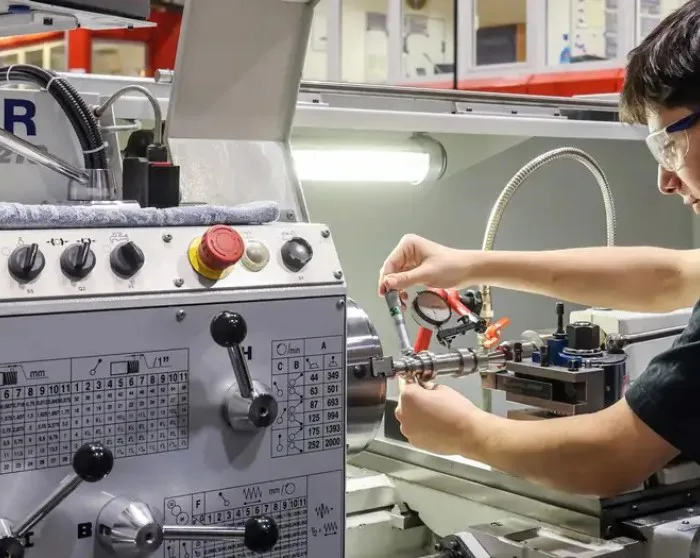Matching the supply of workers with the demands of the labor market is strangely unbalanced in Germany
In Germany, more than 2.5 million people are looking for work. At the same time there is a shortage of almost 2 million skilled workers. How does that calculate and more importantly where is the shortage the worst?
Germany seems to have overcome the economic fallout of the COVID-19 pandemic. The country’s economy has also adjusted to the war in Ukraine and its unexpected costs. Even the smoldering banking crisis in the US and Switzerland has not spilled over into Europe’s biggest economy. A feared recession has been avoided and the labor market is stable.
Still, there are problems brewing and two recent studies looked in detail at one interesting question: the lack of skilled workers in Germany. In its Skilled Labor Report for December 2022, the German Economic Institute (IW) in Cologne found that the gap in skilled workers has narrowed a little over the previous months. But overall it “remains at a high level.”
Separately, the German Chamber of Commerce and Industry (DIHK) came to the conclusion in its 2022 Skilled Worker’s report that “the shortage of skilled workers is increasing” when taking into account all of last year.
A labor shortage in nearly all areas
The labor market expert Stefan Hardege from the DIHK points out that the skilled worker shortage is no longer industry specific like it had been in the past. “It is now a problem that exists across industries. A wide variety of professions are affected,” he told DW. Above all, train drivers and people who control and monitor traffic on the rails are currently being sought.

The current shortage of skilled workers in Germany is seen in nearly all sectors
Sabine Köhne-Finster, co-author of the IW study and a consultant at the Competence Center for Skilled Workers (KOFA), sees other areas that need qualified workers. The social sector has been severely affected. There is a lack of “education workers, social workers, preschool teachers. The biggest hole is for elderly and nursing care workers,” she said.
In other areas, such as the metal and electrical trades, there is not only a lack of skilled workers there is also a need for more experts and people with university degrees. “Most people are missing there and the situation is getting worse,” she concluded.
An ongoing job paradox
Stefan Hardege points to a paradox that has been observed for years. “When you look at the 2.5 million unemployed people in Germany and you see all these vacancies, the question arises as to why they don’t cancel each other out.” His answer: “We often see that the qualifications of the unemployed do not match the qualifications that companies are looking for.”
In the past, the unemployed have been accused of being poorly trained or just lazy. Plus many young people no longer want to work eight hours a day.
According to Hardege, workers are currently in a good position because they are in high demand and can ask for better working conditions or higher wages. Yet that is by no means the cause of the shortage. “I have no proof that this is now the general problem,” he said
What can be done about the situation?
Employees themselves could help the situation by being more flexible thinks Sabine Köhne-Finster. “You just have to look around: How have jobs changed? Are there other professions that are perhaps similar? Can I help to overcome the shortage of skilled workers through retraining and starting something new?”
When it comes to politics, Köhne-Finster generally praises “the efforts to enable the immigration of qualified specialists.” But professional training must also be strengthened. It must focus on “strengthening professional orientation at universities, schools and vocational schools.”
Stefan Hardege has a slightly different focus. The current situation calls for many different approaches. “And that is primarily a task for companies to deal with the shortage of skilled workers, be it through flexible solutions or good offers. Companies are trying to make themselves more attractive in order to get skilled workers, by making family and career more compatible or enabling mobile work.” But this won’t work without the right underlying conditions. “And yes, the political framework is important, too,” he said.

Source: OccupyGh.com
Tap To Join Our WhatsApp Community


Warning: Undefined variable $user_ID in /home/occupygh/public_html/wp-content/themes/zoxpress/comments.php on line 51
You must be logged in to post a comment Login